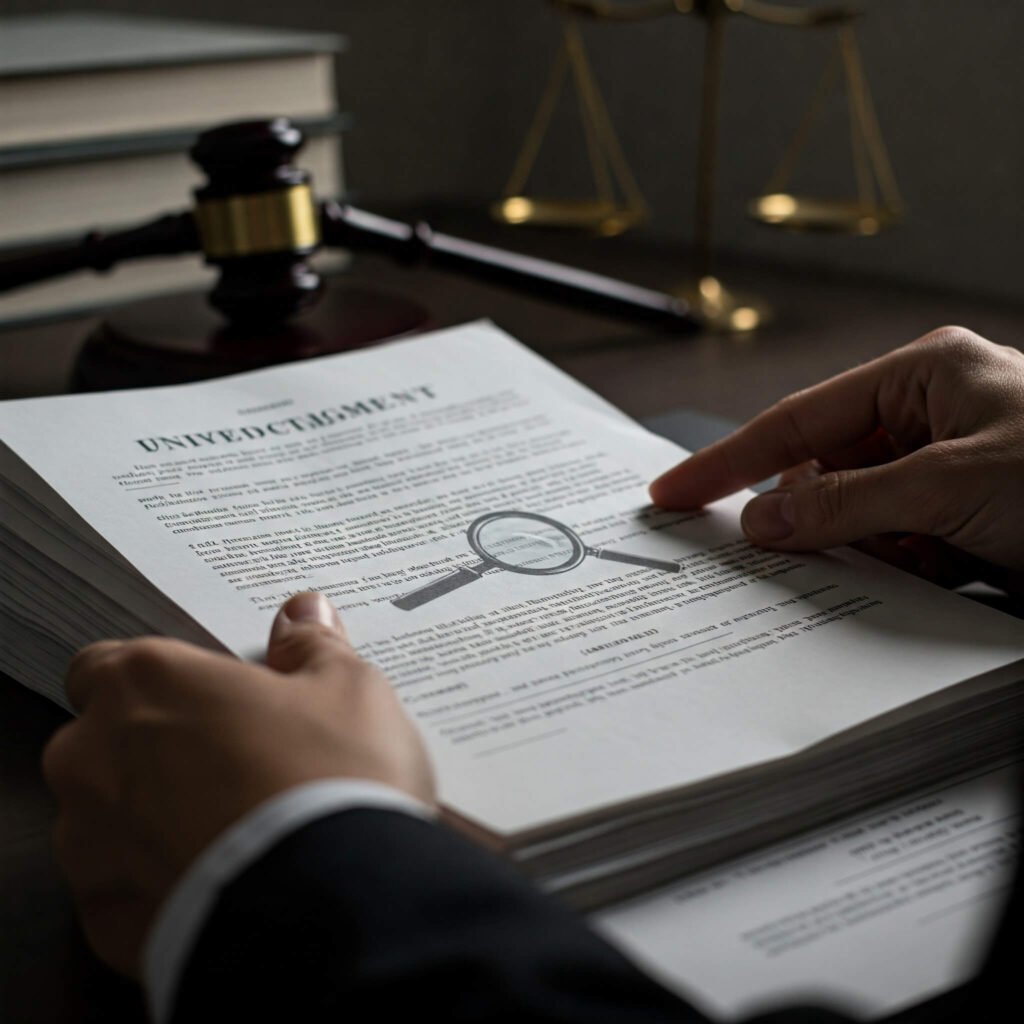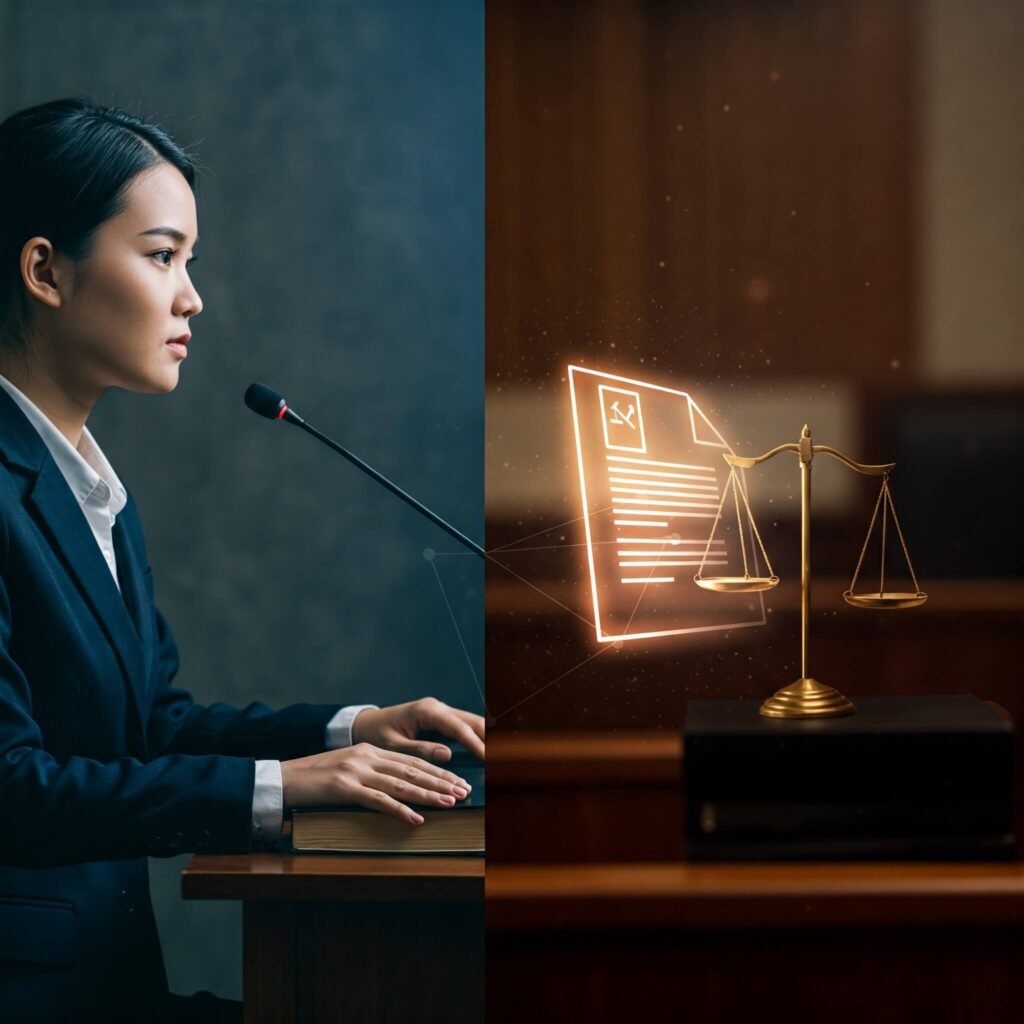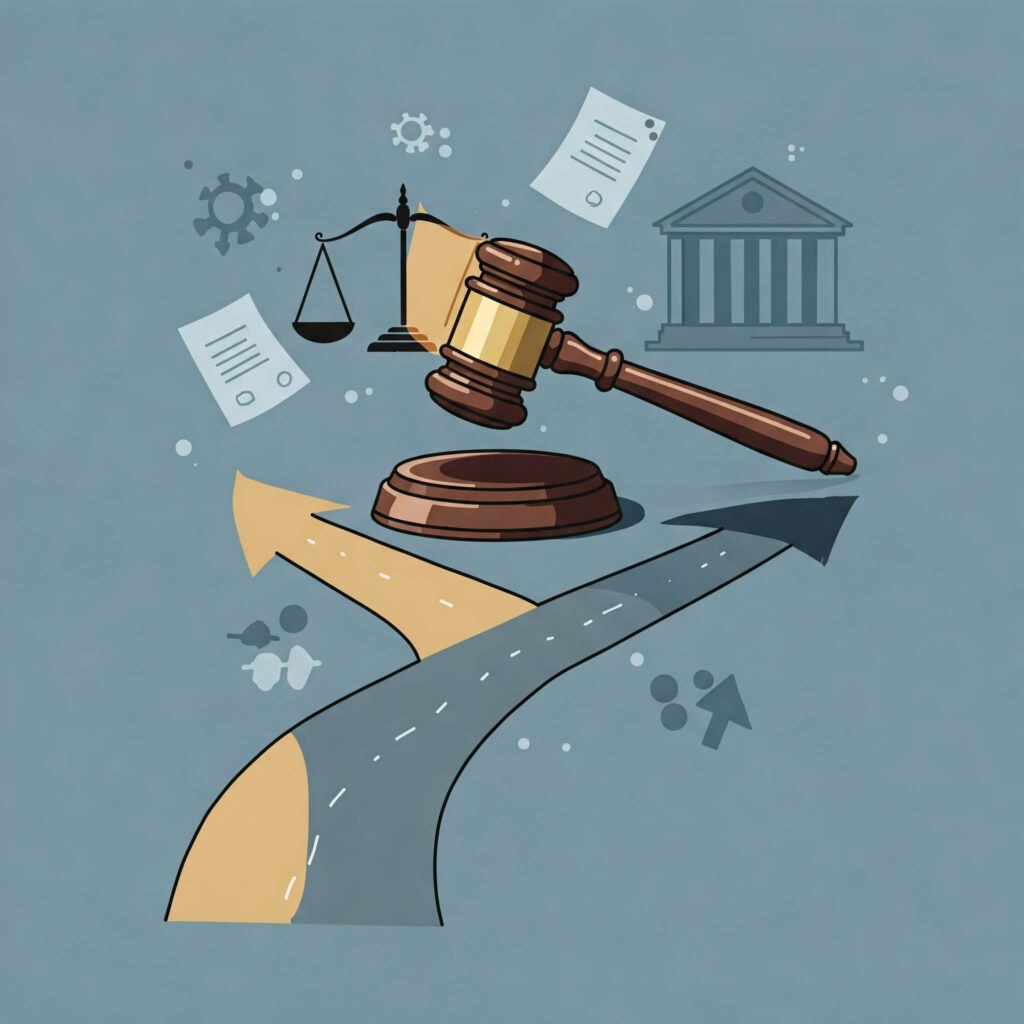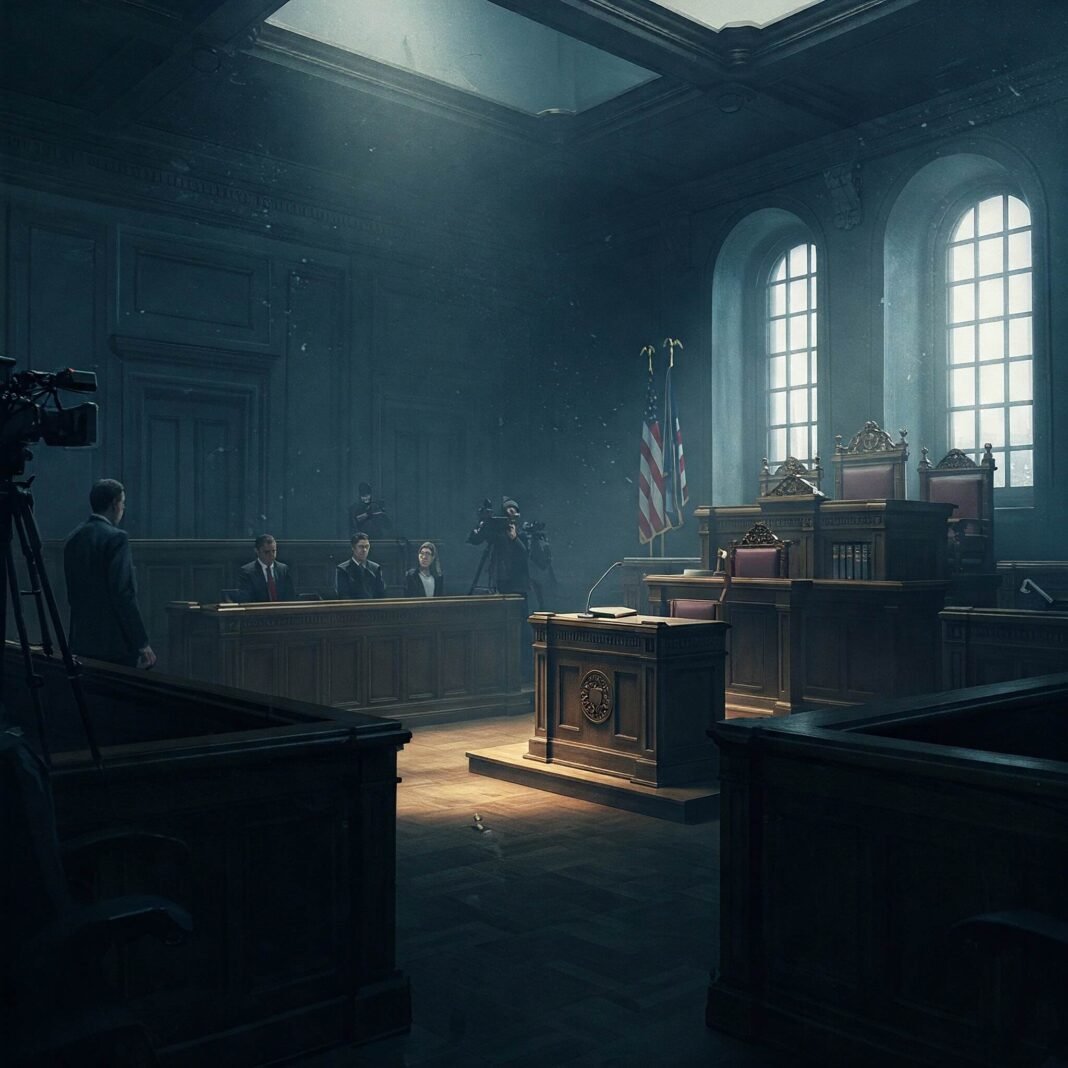Seeing politicians on trial mixes law and politics. These trials get intense media focus. Every step is analyzed by people and experts. But the process follows standard legal steps. However, the politician’s public status adds complexity. Potential political motives are also involved.
Navigating the Early Stages: What Happens When Politicians are on Trial?
When politicians on trial first enter the legal system, key steps happen. These steps set the stage for what follows.
- Investigation and Indictment: Before a trial, an investigation usually occurs. Special prosecutors or dedicated teams often lead this. If enough evidence is found, a grand jury might issue an indictment. This formally charges the politician with crimes. At this point, the legal challenges for politicians become official.
- Arraignment and Plea: The politician appears in court for an arraignment. They hear the charges formally. They must enter a plea (guilty, not guilty, or no contest). In high-profile cases with politicians on trial, a “not guilty” plea is almost always used.
- Pre-Trial Motions: Both sides file many motions before the trial starts. These include requests to dismiss charges or block evidence. They might also ask to change the trial location. These early legal fights are vital. They can really affect the case’s direction.
Knowing these first steps helps make sense of the beginning of the legal process. It shows what happens when politicians on trial meet the justice system.

The Core of the Battle: The Trial Process for Politicians on Trial
Once pre-trial matters are done, the main part begins: the trial. The judicial process for politicians on trial is much like any defendant’s. But the importance and public interest are often far higher.
Key Stages of the Trial:
- Jury Selection (Voir Dire): Finding fair jurors is hard in cases with well-known politicians. Lawyers from each side question potential jurors. They look for biases. This stage is very important. The jury will decide the politician’s future.
- Opening Statements: The prosecution outlines its case. It explains the evidence it will show. It tells what it believes happened. The defense then shares its view. They often try to create doubt about the prosecution’s claims.
- Presentation of Evidence and Witness Testimony: This is the longest part.
- The prosecution calls witnesses. They present physical evidence. Their goal is to prove the charges beyond a reasonable doubt.
- The defense questions prosecution witnesses. Then they bring their own witnesses and evidence. They counter the charges or offer a different story. This is where the legal challenges for politicians are fully debated.
- Both sides may call expert witnesses. These experts talk about complex topics.
- Closing Arguments: After all evidence is shown, both sides summarize their case. They highlight evidence that supports their points. They attack the other side’s evidence or witnesses.
- Jury Deliberation: The jury goes to discuss the evidence. They work to reach a verdict. This can take hours, days, or weeks. It depends on how complex the case is.
These steps are basic to the courtroom battles faced by politicians on trial.

Potential Outcomes and What Follows for Public Officials Trial
The result of a trial involving politicians on trial isn’t always simple. It’s not just guilty or not guilty.
Possible Verdicts:
- Guilty: If found guilty, the politician faces sentencing. This might mean fines or prison time, or both. A conviction almost always ends a political career. It can damage their public image and history.
- Not Guilty: An acquittal means the prosecution did not prove its case. It was not proven beyond a reasonable doubt. The politician is free. They can, in theory, go back to public life. But the trial itself can harm their reputation.
- Mistrial: The jury might not agree on a decision. This happens in places needing a unanimous vote. Or legal mistakes might happen during the trial. A judge can declare a mistrial. The prosecution could then choose to try the case again.
After the verdict, trials with politicians on trial often lead to appeals. This makes the legal process even longer. The public and political effects of these high-profile court cases are also large. They can affect public trust. They might even influence future votes or policies.
For facts on the US legal system, see resources like the Department of Justice (Placeholder for DOJ link). To learn how other legal systems handle public officials trial cases, check legal journals or international law groups (Placeholder for credible International Law source).

Looking Ahead: The Impact of Politicians on Trial
The coming weeks and months for any case with politicians on trial will likely be busy. Expect intense legal actions, media coverage, and public talk. These trials remind us that public officials must follow the law. Their unique situations can make the legal process complex and very political.
Stay informed about the process. Understand the charges. Follow the evidence shown in court. This is key to understanding these important political trials. What we learn from these high-profile court cases helps us think about being held accountable, ethics, and the rule of law at high levels of government.




